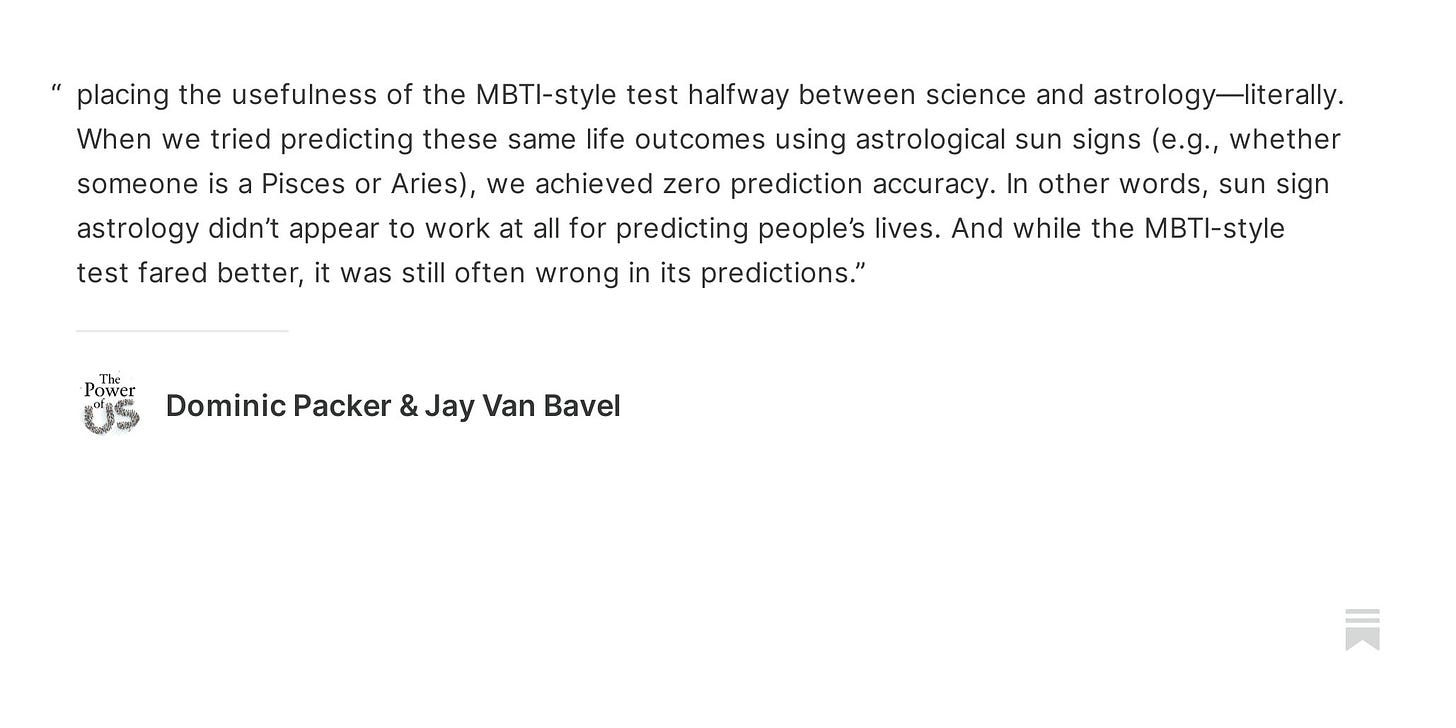
This week:
- Upcoming Events
- Systems and Complexity in Organisation
- Public services
- Systems intelligence
Upcoming Events:
ILG Large Group Interventions (1.0d)
In a classic 2005 article, ‘Techniques to Match our Values’, Weisbord set out the ‘learning curve’, with a movement from ‘experts solve problems’ to ‘’everybody’ solves problems’ to ‘experts improve whole systems’ to ‘’everybody’ improves whole systems’. Inherent in the development of systems practice from the start has been recognition of ‘the whole’, which comes in various forms from group dynamics to organisational viability.
This programme will give an overview of intervention approaches which ‘bring whole systems into the room’ rather than have a few experts work on individual issues. We will look at some of the history and the wide range of interventions that have been developed, and provide an overview of some of the most interesting.
We will compare and contrast these approaches and provide ‘ways in’ to consider when, and which, large group intervention might be an appropriate part of a systems practice intervention.
Trainer
These courses are delivered by Benjamin P Taylor, an expert in systems, cybernetics, and complexity in service transformation.
Pricing Info
£500 +VAT
To enquire please go on this link: https://www.systemspractice.org/courses/ilg-large-group-interventions-10d
ICS3 Workshop Design (0.5d)
This module provides learners with an understanding of the design of workshops and relevant considerations, taking into account the potentially very different contexts and definitions of what a ‘workshop’ is. It introduces a range of tools and approaches for workshop design, building on the facilitation module. It gives tools to consider evaluation and learning about workshop design, and compares various approaches, enabling learners to better select and apply appropriate workshop design approaches to their context.
A workshop can be distinguished from a meeting (though the boundaries may be blurry at times), by some of the following indicators:
- intensive discussion and activity, designed to progress thinking and planning
- intentionally designed activities (rather than simply an agenda), or flow
- an impact focus, usually above and beyond just a discussion or decision – some kind of output taking an intervention or initiative forward
An alternative use of the work, to workshop (something), refers to taking a product or idea into a period of intense focused experimentation and development, often bringing in fresh or different perspectives than the original developers of the product or idea. This is of course closely related, but implies some partly-developed ‘content’ as the workshop focus, as opposed to simply a product or idea. In either case, some input is expected to a workshop, whether process, content, or both.
The learning will cover:
- What a workshop is
- Where and when we might use a workshop
- A range of tools and approaches
- How to appropriately select an approach, and design a workshop to fit the requirements in context
- The importance of reflection and how to evaluate and build a learning loop
- Workshop design tools, core and conceptual
This is a very practical, hands-on course based on you creating an initial workshop design from your context, using sources offered, and sharing and discussing it in the session.
This course complements the course on Facilitation for systems practice interventions, though they can be done independently or in any order.
Trainer
These courses are delivered by Benjamin P Taylor, an expert in systems, cybernetics, and complexity in service transformation.
Pricing Info
£250 +VAT
To enquire please go on this link: https://www.systemspractice.org/courses/ics3-workshop-design-05d
ICS2 Facilitation Skills for Systems Practice Interventions (0.5d)
This course provides learners with an understanding of the facilitation relationship in the context of systems intervention itself, and of the challenges it brings. It introduces a range of tools and practices for facilitation and provides guidance on workshop planning. Finally, it compares various approaches to facilitation, enabling learners to develop a stronger sense of the kind of facilitator they want to be.
Topics covered include:
- The facilitraining rainbow – where do you stand?
- Divergence, emergence, convergence;
- Differentiation and integration method;
- Adaptive change;
- Facilitation for ‘robust systems’;
- Session planning and session flow;
- The perceptual positions;
- Ground rules for workshops and ways into partnership;
- Maintaining your authenticity;
- Peter Block’s ‘six conversations that matter’;
- Chris Corrigan’s ‘seven little helpers’;
- Hosting and guiding and/or customer services;
- Context cues;
- History and three futures;
- Power tools and making concrete – Naming The Thing.
Trainer
These courses are delivered by Benjamin P Taylor, an expert in systems, cybernetics, and complexity in service transformation.
Pricing Info
£250 +VAT
To enquire please go on this link: https://www.systemspractice.org/courses/ics2-facilitation-skills-systems-practice-interventions-05d
ICS1b Consulting for Systems Practice Interventions – (b) Core (0.5d)
This course provides learners with a deeper understanding of:
- Discovery and research into the client system;
- Power questions, layers of analysis, and objectifying ‘the system’;
- Research and action-based approaches;
- Third-party and whole systems approaches;
- Maintaining the balance of responsibility for deep engagement;
- Structuring analysis and feedback, developing commitment;
- Choosing dirty or clean consulting.
To maximise your chances of being effective in achieving positive change, you should combine a sound understanding of systems approaches with well-developed intervention skills.
This in turn requires a clear conception of the role of the systems practitioner as ‘consultant’, of their relationships with stakeholders, especially the ‘client’, and the nature of the practitioner’s influence on the organisations they seek to transform.
Drawing on Flawless Consulting, Barry Oshry’s Organic Systems Framework, and more, Consulting for Systems Practice Interventions emphasises a collaborative approach and equal responsibility between the intervention practitioner and the client, navigating a path between the twin traps of ‘consultant as boss’ and ‘consultant as servant’.
These courses are relevant to anyone – consultant or not! – who is engaging in organisational change.
Trainer
These courses are delivered by Benjamin P Taylor, an expert in systems, cybernetics, and complexity in service transformation.
Pricing Info
£250 +VAT
To enquire please go on this link: https://www.systemspractice.org/courses/ics1b-consulting-systems-practice-interventions-b-core-05d
ICS1a Consulting for Systems Practice Interventions – (a) Foundation (0.5d)
This course will provide learners with key principles and a structure for interventions. Topics covered include:
- The five phases of the consultative process;
- ‘Techniques are not enough’: relationships in consulting;
- Dealing with ‘the space of service’;
- Setting up a clear ‘contract’ for interventions – including triangular and rectangular contracting;
- Authenticity and setting your assumptions;
- The client behind the client and the problem behind the problem;
To maximise your chances of being effective in achieving positive change, you should combine a sound understanding of systems approaches with well-developed intervention skills.
This in turn requires a clear conception of the role of the systems practitioner as ‘consultant’, of their relationships with stakeholders, especially the ‘client’, and the nature of the practitioner’s influence on the organisations they seek to transform.
Drawing on Flawless Consulting, Barry Oshry’s Organic Systems Framework, and more, Consulting for Systems Practice Interventions emphasises a collaborative approach and equal responsibility between the intervention practitioner and the client, navigating a path between the twin traps of ‘consultant as boss’ and ‘consultant as servant’.
These courses are relevant to anyone – consultant or not! – who is engaging in organisational change.
Trainer
These courses are delivered by Benjamin P Taylor, an expert in systems, cybernetics, and complexity in service transformation.
Pricing Info
£250 +VAT
To enquire please go on this link: https://www.systemspractice.org/courses/ics1a-consulting-systems-practice-interventions-foundation-05d
Link Collection:
My Weekly Blog post:
When I taught ‘productive conversations’ for a level 7 systems thinking apprenticeship, I was reminded of their critical importance. Unproductive conversations can hit productivity, fail to achieve their goals, and communicate unhelpful resentment. These issues are not unique to one person.
The quality of our experiences and results depends on meaningful conversations. Key practices include:
- Check-in: Engage fully and be aware of how you enter the space.
- Advocacy vs Inquiry: Balance stating your point with seeking to understand.
- The Ladder of Inference: Be aware of your thought process to overcome barriers.
- Framing: Your perspective dictates your actions.
- Defensive Routines: Avoid protecting your ego at the expense of learning.
Traditional conversation virtues often stifle growth. Instead, adopt learning virtues:
- Support: Help others identify gaps and consequences.
- Respect: Assume others are motivated and capable.
- Team Play: Express concerns and inquire into others’ logic.
Creating a culture where ideas flow and challenges are welcomed is essential for innovation and progress.
Have you ever left a business meeting with a deep feeling of resentment?
Systemic Design as Born from the Berkeley Bubble Matrix
Harold Nelson leads the collection with an invited essay, Contexts’ first article, that helps place the footers and foundation into the field that has grown from design for complex scale and generations of systems thinking. The fertile ground of the 1960s consciousness revolution, the University of California at Berkeley, and what Nelson refers to as The Berkeley Bubble are central to the ideas in this essay.
The Systems Intelligence Institute
[They say:]
What is systems intelligence?
Systems intelligence is the ability to understand the world around you through a systemic lens, and to take intelligent action.
This means being aware of the big picture, noticing how things are related, and understanding the the impact of your actions.
It also means being able to join forces with others in harmonious and productive ways.
Systems intelligence is rooted in the principles of systems thinking, but has less focus on methodologies. It has more to do with everyday habits and actions.
It is a way of thinking, a way of working, a way of being.
The Banathy Conversation Methodology (2015, Dyer et al) – and a response paper
- November 2015
- Constructivist Foundations 11(1):42-50
Context: Thirty years ago, members of the systems science community discovered that at their conferences, more was being accomplished in the breaks than in the sessions. Led by Bela H. Banathy, they cancelled the sessions and created a conversation methodology that has proven far more effective. Dozens of conversations have now been held around the world. Problem: At a recent conversation in Linz, Austria, a team devoted its inquiry to the Banathy Conversation Methodology (BCM) itself, asking, in particular, how to develop and spread the methodology further, beyond the systems science community. Method: The team captured key features and benefits of BCM and developed new tools. Results: Described herein are the development of the methodology, its theoretical underpinnings, the methodology itself, heuristics for successful conversations, and an example of how the methodology is spreading. Implications: Ultimately, the hope is to develop the methodology in such ways that communities could apply it to meet significant challenges and co-create their futures.
Metcalf G. S. (2015) A constructivist perspective on banathy’s conversation methodology. Constructivist Foundations 11(1): 53–54. http://constructivist.info/11/1/053
Open peer commentary on the article “The Banathy Conversation Methodology” by Gordon Dyer, Jed Jones, Gordon Rowland & Silvia Zweifel. Upshot: This commentary will address the implicit and explicit connections between Banathy’s Conversation Methodology, which is the heart of the process used at the IFSR Conversations held every two years in Austria, and constructivist theories in application.
https://constructivist.info/11/1/053.metcalf
A systems theory of marginalization and its implications for systemic intervention – Midgley (2021)
- January 2021
- DOI: 10.33278/SAE-2020.book1.054-057
- Conference: Systems Analysis in Economics – 2020
- Gerald Midgley
A systems theory of marginalization and its implications for systemic interventionJanuary 2021DOI: 10.33278/SAE-2020.book1.054-057Conference: Systems Analysis in Economics – 2020Gerald Midgley
(18) (PDF) A systems theory of marginalization and its implications for systemic intervention
Systems thinking is becoming sexy. Should we be worried? Boulahbel (2024) (Medium members only)
Published in Systems Thinking Made Simple
Authors: Ö. Şenalp and G. Midgley
2023
Systems Research and Behavioral Science
Volume | Issue number 40
In this paper, we propose a research agenda to support the recovery of Alexander Bogdanov’s philosophical and systemic thinking that culminated in his magnum opus, Tektology. Our main reason for doing so is to re-address enduring questions about the unity of science and the unity of the systems paradigm. Since the turn of the new millennium, there has been renewed interest in the ideal of the unity of science. General system theory (GST), cybernetics and complexity science are three significant intellectual sources inspiring this renewal. It is not unusual for these ideas to be grouped under the umbrella terms systems science or systems thinking, which are two ways to present a single systems paradigm, and we will explain why its “unity” is both necessary and problematic. Bringing Bogdanov’s work back to address the unity question can help us to progress toward unity in diversity.
In special issue: Resurrecting Bogdanov on the 150th anniversary of his birth.
Persistent Identifier https://hdl.handle.net/11245.1/f9a4e972-a2b8-4ddc-a5d6-c7d31b61096a
- Systems Research and Behavioral Science – 2023 – Şenalp – Alexander Bogdanov and the question of unity An emerging(Final published version)
Why are we suckers for Astrology, the Meyers-Briggs, and other shaky psychology tests?
Why are we suckers for Astrology, the Meyers-Briggs, and other shaky psychology tests?

Why do civil servants wear rainbow lanyards? We asked, you answered

Never attribute to malice what could be both malice and incompetence.
Fears of new Windrush as thousands of UK immigrants face ‘cliff edge’ visa change
So yeah…
—
Court staff ‘do not understand spirit of open justice’ as public thrown out of hearings, report reveals | Evening Standard

I love this message.
‘It’s all done!
You can now take irrevocable action on the basis that: it’s done!
We tried.
If you need to try again, click here’

Meet The Sámi Land Defenders of Scandinavia | Atmos

How can a child in care cost £281,000 a year? Ask the wealth funds that have councils over a barrel | George Monbiot
Public Services Productivity Review – Office for National Statistics
The search history of the failure of modern technology.
how to stop windows rebooting overnight – Google Search